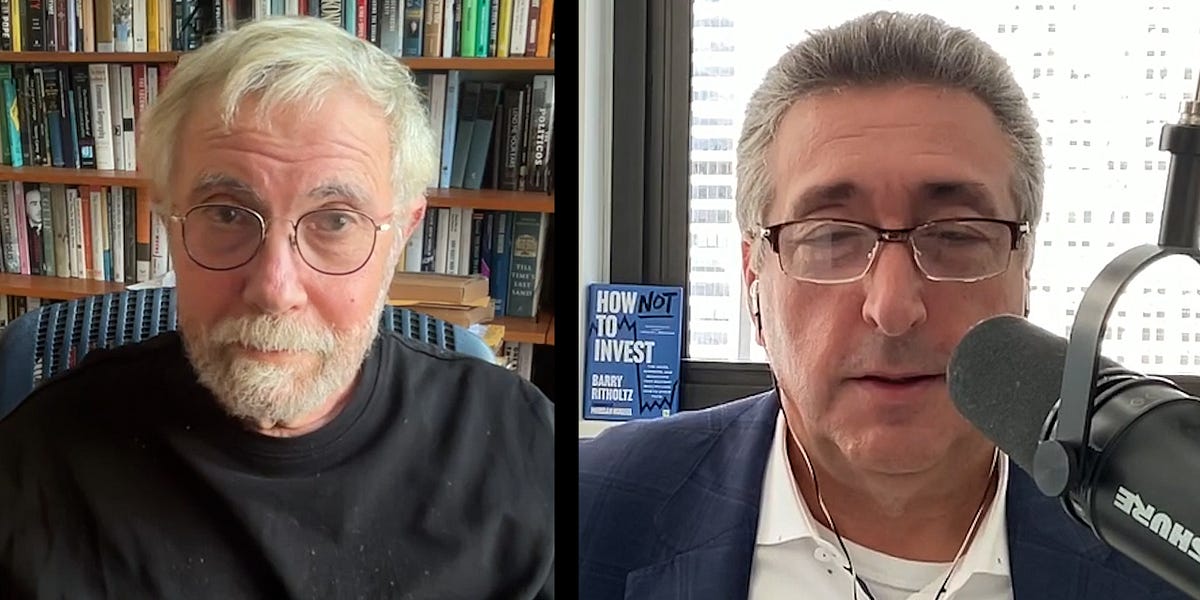- Joined
- Aug 14, 2006
- Messages
- 5,055
- Reaction score
- 8,365
- Gender
- Male
- Political Leaning
- Slightly Liberal
Robert, Kiyosake, author of "Rich Dad, Poor Dad", suggests hyperinflation may soon be here. His argument is that during a recent treasury auction there were not enough bidders to cover the offering so the Treasury Department purchased 50B worth of it own treasury notes.
If this is accurate, I'm betting it is a result of China and other nations selling of the US notes they own in retaliation to tariffs imposed by the current US admin.
The market is flooded, the Treasury will have to raise the interest rate it is offering in order to secure the funds required.
If this is accurate, I'm betting it is a result of China and other nations selling of the US notes they own in retaliation to tariffs imposed by the current US admin.
The market is flooded, the Treasury will have to raise the interest rate it is offering in order to secure the funds required.
Loading…
www.financialexpress.com

